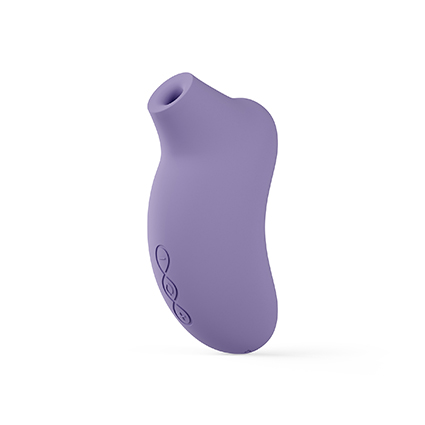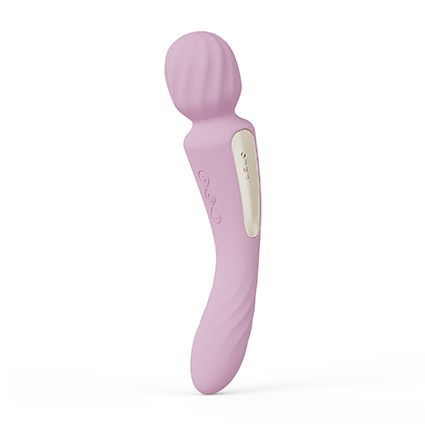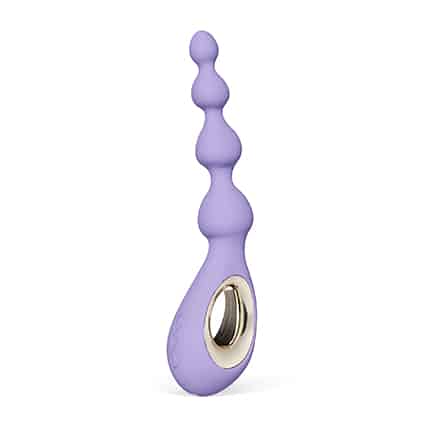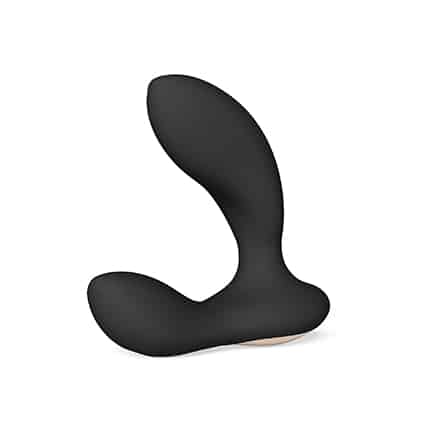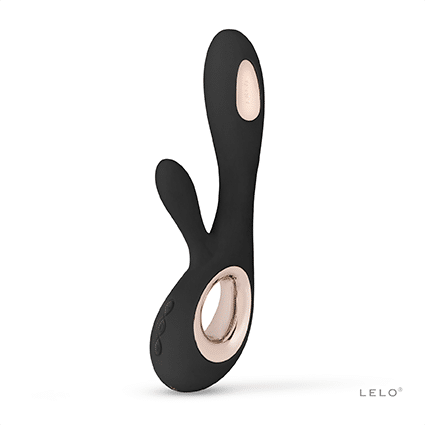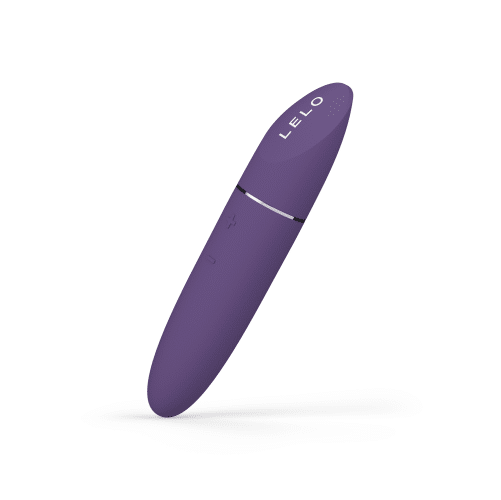✓ This article was first published in 2019 and most recently updated in 2025.
Did you choose your career path, or did your hormones determine that for you? Since women got their rights and were able to choose a career path, most jobs have been culturally and socially labeled as “feminine” and “masculine.” For example, being a nanny is still considered a “woman’s job,” while being a “software developer” is most often believed to be a job for a man.
Unfortunately, the old career stereotypes are accurate to this day. Women only account for up to 26% of university graduates in STEM (science, technology, engineering, and mathematics), while only 7% of men are employed as nannies in the United States.
However, it turns out that cultural and social stereotypes for our career choices might not be the reason why men choose “manly” jobs and women stick with “feminine” jobs. Researchers theorize that there might be a different reason for it, one that has less to do with socializing and more to do with our biology. Curious to find out more? Read on.
How Hormones Might Affect Careers
A study out of the psychology department at Penn State suggests that our interest in working with things, as opposed to working with people, is dictated by hormonal influences.
The team of experts investigated people’s interest in occupations that exhibit sex differences in the general population, specifically with regard to STEM careers – that is, science, technology, engineering, and mathematics. To ensure a comparable control group, they focused on young adults with congenital adrenal hyperplasia and their siblings who don’t have the condition.
Congenital adrenal hyperplasia (CAH) is the exposure to elevated levels of the male sex hormone androgen. Researchers believe that women with CAH present as female, are genetically female, and are treated as female, but their interests are typically more associated with culturally male activities.
The starkest outcome of the study was that women with CAH are significantly more interested in working with “things” rather than working with people compared to their siblings without CAH. “Things,” in the study, are defined as everything from machinery to numbers – i.e., STEM careers. In other words, women with CAH are far more likely to pursue a career in engineering versus those without CAH, who are more likely to be attracted to jobs that include dealing with people, such as teaching or customer service positions.
Researchers suggest that these differences occur very early on in someone’s social development. Interestingly, the same pattern was not observed amongst men, who generally all tended towards professions with “things” instead of people.
The researchers went on to posit that this biological difference might go some way in explaining the underrepresentation of women in STEM occupations, aside from the social, political, and cultural obstacles women in STEM face. They suggested that STEM jobs that emphasize interpersonal contact need to have their signals amplified to encourage more women to take up positions.
Social Conditioning Might Not Be as Impactful as We Believe
The popular belief that our career choices are defined by social conditioning of what type of job is appropriate for each gender and might not be related to social and cultural norms at all. Another study of a similar kind conducted jointly by David Geary from the University of Missouri, USA, and Gijsbert Stoet from the University of Essex, UK, published in the online peer-reviewed journal PLOS ONE investigated sex differences in 473,260 adolescents when it comes to choosing their career paths.
Almost half a million teenagers were from 80 different countries, and researchers found that the ratio of boys versus girls who were interested in things-oriented careers (carpenter, STEM, mechanic, etc.) was 4:1, and the ratio for people-oriented careers (doctor, teacher, etc.) was 1:3. There is a clear gender preference even in youth.
Seeing these results, the first thing that comes to mind might be that social and cultural norms of gender roles are still very prominent and play a huge part in how our youth make career choices. However, the most interesting finding in this study was that this exact gender preference when it comes to thing-oriented and people-oriented careers was prominent even in countries where the women empowerment movement was the norm, like the Nordic region.
In other words, even in countries where gender roles are balanced and the outdated beliefs of “manly” and “feminine” jobs aren’t popular anymore, these same gender differences remain when it comes to teenage career aspirations. Surprising, isn’t it?
While we could argue that these gender preferences could be influenced by biology and sex hormones, the researchers argue that it could be due to wealth. Nordic countries are generally wealthier, which might have a huge impact on how adolescents choose careers – when money is not the most important factor in a career choice, people might be more inclined to choose a career path that truly interests them, whether it’s thing-oriented or people-oriented.
Of course, more research is definitely needed in this field so that researchers can draw concrete conclusions. While the women’s empowerment movement has changed many people’s views on gender roles, social conditioning is still a huge factor in many various parts of our lives.
Takeaway
There is no doubt that sex hormones play a critical role in our everyday lives. Estrogen, progesterone, and testosterone all fluctuate every month in women’s bodies, which influences many facets of their lives – from their physical strength to caloric needs and even mental and emotional stability.
Men, on the other hand, are ruled by testosterone, which drives the majority of their decisions. Testosterone is what makes men aggressive, and it’s also what makes them protective, ambitious, and sometimes even reckless.
However, it’s important to have these subjects investigated more. Although the pattern is clear, it’s important to maintain a healthy skepticism about these kinds of sweeping studies until we have more definitive answers about our biology.
There’s a risk involved in blaming hormonal differences for something as intangible and subjective as job selection, and I believe this kind of definitive finding might put women off joining STEM-related industries instead of encouraging them to follow their career dreams and desires, whatever they might be.
Discover pleasure with:


